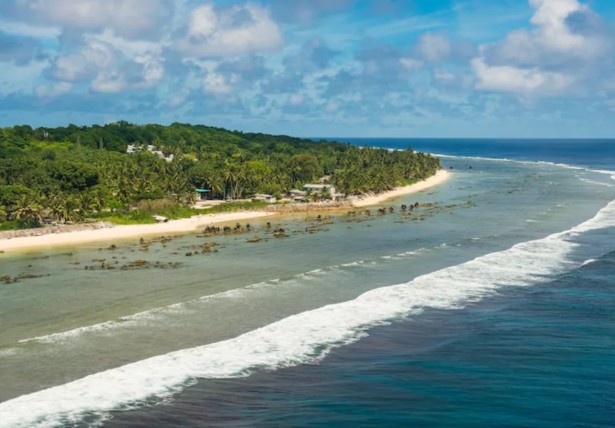Australia Approves Faster Deportation Law, Sending Refugees to Nauru Under $1.6 Billion Deal

Australia has passed a controversial law that streamlines the deportation of non-citizens with criminal convictions to third countries, clearing the path for hundreds of refugees and visa holders to be sent to the Pacific island nation of Nauru.
The legislation, approved on Thursday, comes as part of a long standing immigration and border security strategy aimed at reducing the number of individuals Australia deems a risk due to criminal activity. The new law expedites the process, bypassing some previous legal hurdles to deportations.
Last Friday, Australia formalized a 30-year agreement with Nauru, under which it will provide A$2.5 billion (approximately US$1.62 billion) to support the island in hosting up to 350 deportees. This deal includes an upfront payment of A$400 million to establish an endowment fund aimed at resettlement support, as well as A$70 million annually for ongoing costs related to housing, healthcare, and integration programs.
The arrangement underscores Australia’s continued reliance on offshore processing facilities to manage immigration and asylum issues, a policy that has drawn criticism from human rights organizations over the years for its impact on refugees’ wellbeing.
Nauru, a small island country in the Pacific with limited resources and infrastructure, will now assume a larger role in Australia’s immigration enforcement. Officials from both countries have emphasized cooperation, stating the deal is intended to offer safe, sustainable solutions for those deported.
Background and Implications
Australia has faced mounting pressure to manage non citizens convicted of crimes within its borders, balancing security concerns with international humanitarian obligations. The new law reflects a tougher stance, expediting deportation to countries like Nauru, which have served as detention and resettlement centers since the early 2000s.
Critics argue that offshore resettlement raises serious questions about the treatment and rights of refugees and migrants, particularly given Nauru’s history with controversial detention centers. Proponents claim the deal offers a practical solution that alleviates domestic pressures while supporting a small Pacific nation financially.
The long-term impacts on both deportees and Nauru remain to be seen, as the implementation phase begins under increased international scrutiny.
